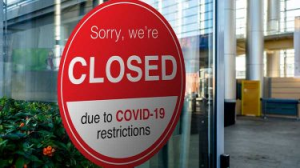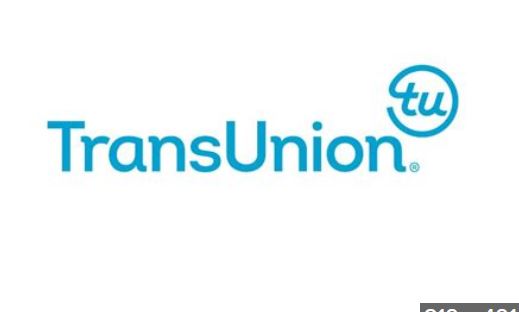Coronavirus Insurance Denial Lawsuits Will Not Be Centralized for Pretrial Proceedings in MDL

The U.S. Judicial Panel on Multidistrict Litigation (JPML) has denied a request to centralize and consolidate all lawsuits filed in the federal court system against insurance companies who have denied business interruption coverage following the COVID-19 pandemic, indicating that the large number of insurers involved and lack of overlapping parties in the lawsuits would result in little benefit from consolidating the cases.
Following widespread disruption throughout the U.S. economy this year due to coronavirus, thousands of small businesses nationwide have been denied insurance benefits they thought they purchased under business interruption policies, with nearly all insurance companies routinely denying that the losses are covered.
With hundreds of complaints being filed throughout the federal court system, a group of plaintiffs filed a motion to consolidate all coronavirus insurance denial lawsuits earlier this year, asking that the cases be centralized before one U.S. District Judge to reduce duplicative discovery, avoid contradictory pretrial rulings and serve the convenience of common witnesses and parties in the litigation.
Insurance companies have been denying coronavirus-related business interruption claims, arguing that the policies contain exclusions for viral outbreaks. However, plaintiffs have challenged the denials on a number of grounds, including arguments that many of the losses were not the result of illnesses, but stem from government mandated “stay home” orders.
Following oral arguments held virtually last month, the U.S. JPML issued an order denying transfer (PDF) on August 12, indicating that establishing a federal multidistrict litigation (MDL) for the coronavirus insurance lawsuits would not help move the cases through the court system more efficiently.
“There is no common defendant in these actions – indeed, there are no true multi-defendant cases, as the actions involve either a single insurer or insurer-group,” the JPML wrote, noting the cases involve at least 32 different insurers. “Thus, there is little potential for common discovery across the litigation. Furthermore, these cases involve different insurance policies with different coverages, conditions, exclusions, and policy language, purchased by different businesses in different industries located in different states. These differences will overwhelm any common factual questions.”
In complex product liability litigation, where a large number of claims are filed throughout the federal court system by individuals who suffered similar injuries as a result of the same or similar products or venues, it is common for the federal court system to centralize the litigation for pretrial proceedings. However, given the JPML’s decision, currently all of the lawsuits will proceed as individual claims.
It is estimated thousands of similar complaints will likely be filed in the coming months, as more small businesses are pushed to the brink only to find their insurance companies are denying payments on policies they purchased.









